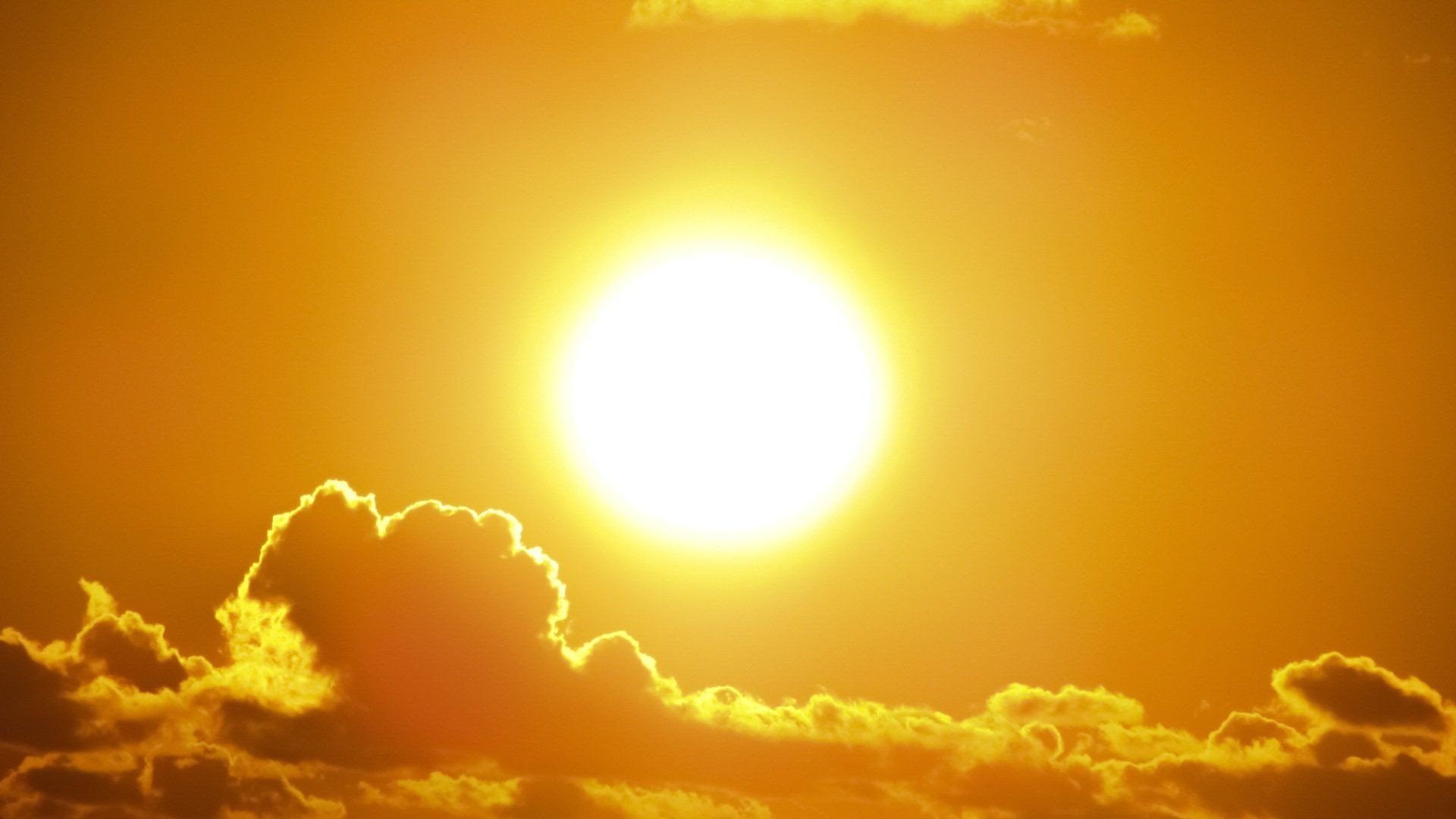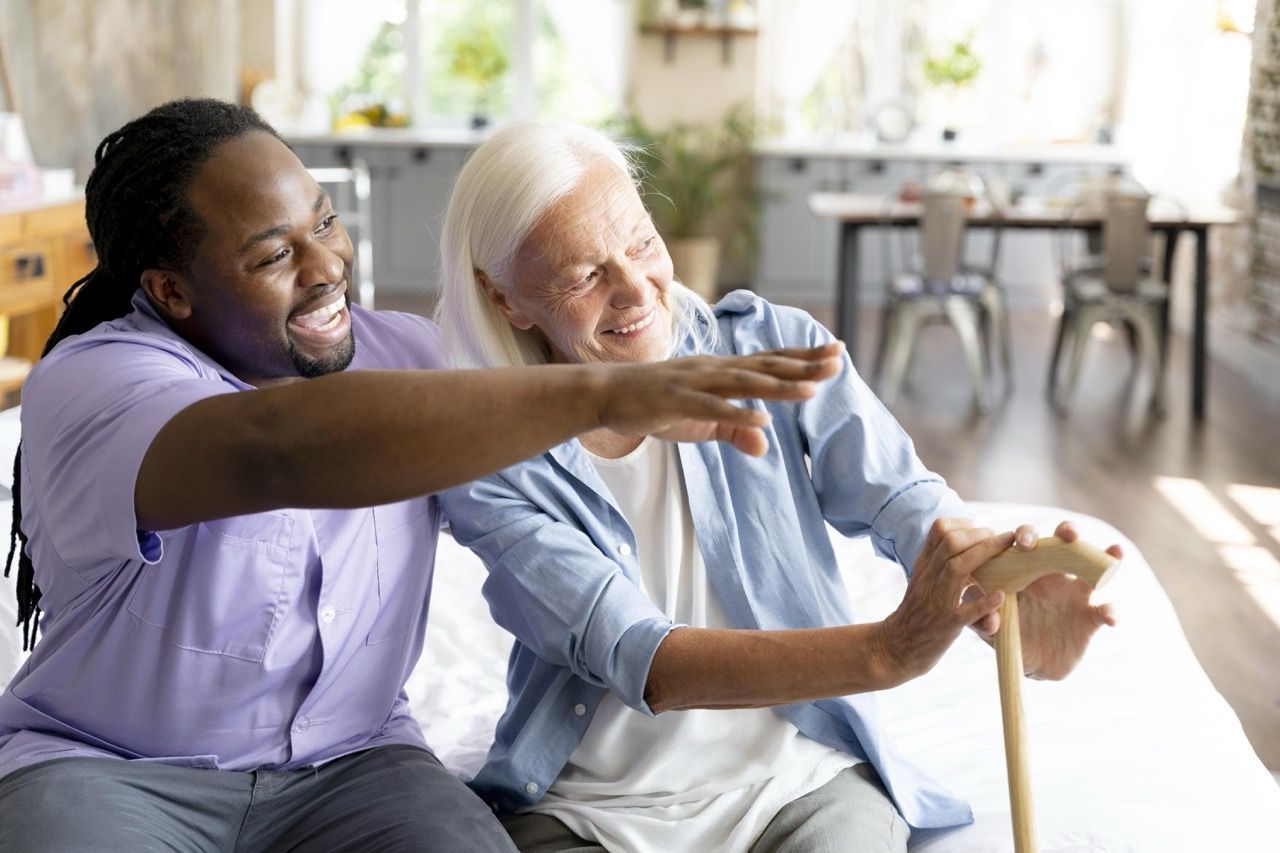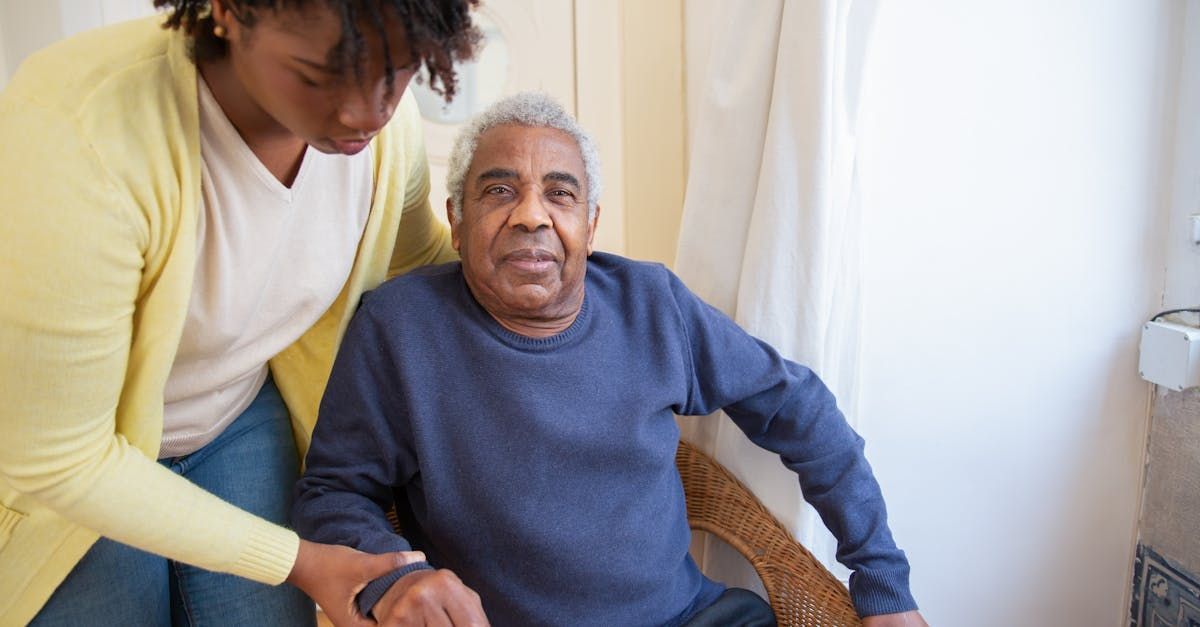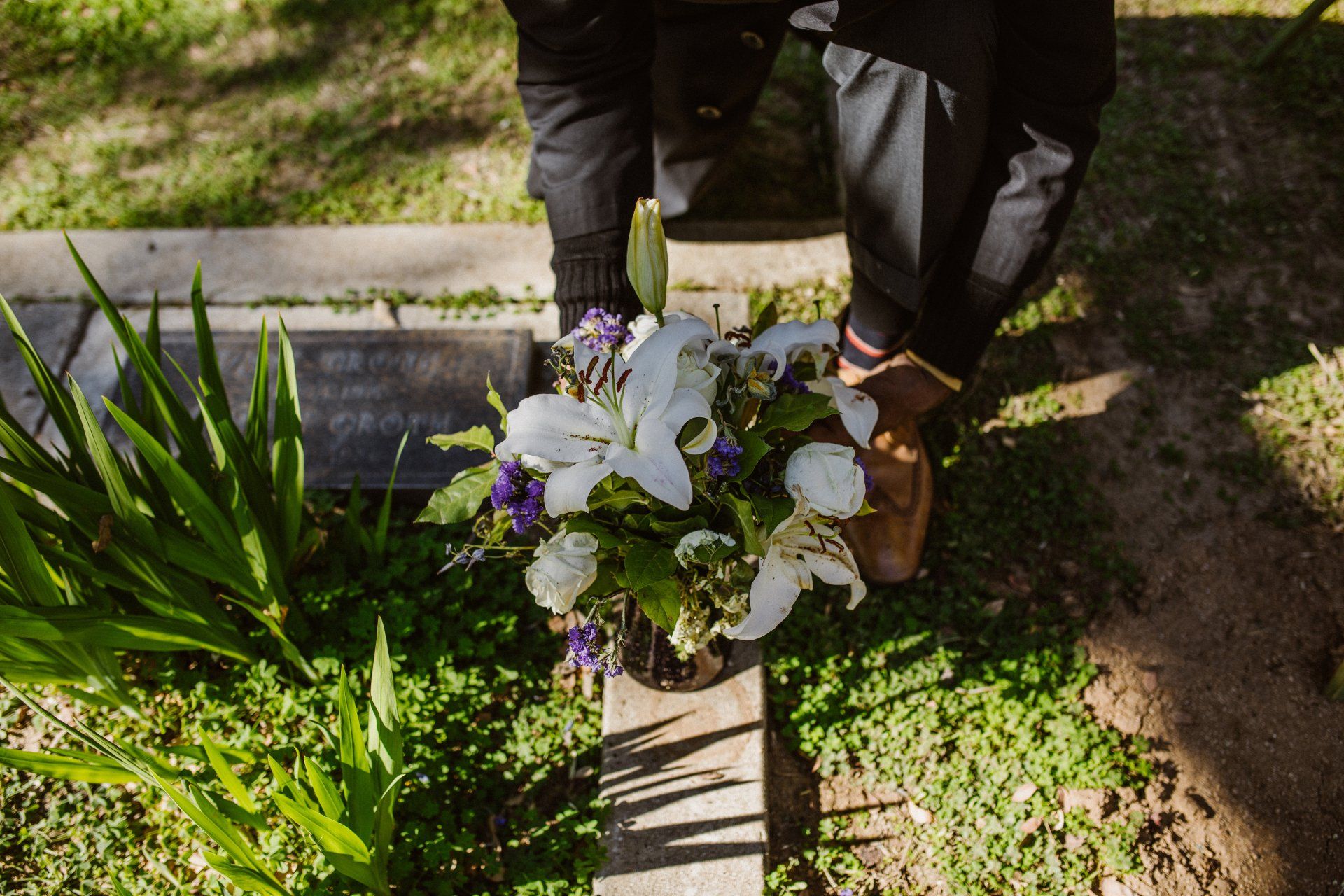Keeping Elderly Parents Safe in the Summer Heat
Summer is a wonderful time of year, with warm sunny days perfect for outdoor activities and relaxation. It’s only June and we are already getting heat wave warnings. This summer is
predicted to be a hot one.

Heat and humidity can pose serious health risks, especially for elderly adults. Older adults are more susceptible to heat-related illnesses due to various factors, including medical conditions, medication side effects, and decreased ability to regulate body temperature. This can lead to issues like dehydration, heat exhaustion, and even life-threatening heat stroke.
If you have aging parents, it's crucial to take precautions to protect them from heat-related illnesses during the sweltering summer months. Here are some tips to help keep your elderly loved ones safe and comfortable when temperatures soar:
Stay Cool Indoors
The first line of defense is keeping their home nice and cool. Make sure they have a properly working air conditioning system and that they keep it set to a reasonable temperature, ideally below 26°C/80°F. Provide them with fans to circulate the air as well.
Advise them to limit strenuous activities and stay inside as much as possible during the hottest hours of the day from late morning through mid-afternoon. Draw the blinds or curtains to block out the sun's rays and minimize heat buildup indoors.
If needed, encourage them to take cool baths or showers to lower body temperature and use damp washcloths or towels to stay cool.
Stay Hydrated
Dehydration is one of the biggest heat-related risks for the elderly. Encourage your parents to drink plenty of cool water, juices, or other non-alcoholic beverages throughout the day, even if they don't feel thirsty. Avoid sugary or caffeinated drinks which can promote fluid loss.
Keep a water bottle or glass nearby and remind them to take sips regularly. You can even set a timer to prompt them to drink fluids every hour or so. Incorporate water-rich foods into their diet, such as cucumbers, watermelon, and oranges.
Watch for signs of dehydration like dizziness, headaches, muscle cramps, dry mouth, and dark yellow urine.
Dress for the Heat
Lightweight, light-coloured, and loose-fitting clothing in natural fabrics like cotton can help elderly adults stay cooler. Avoid excess layers or tight garments that trap heat close to the body.
Make sure they wear a breathable hat for sun protection if going outdoors and ensure they have breathable, comfortable shoes to avoid overheating and swelling of the feet.
Some seniors may need reminders to dress appropriately for hot weather. Check that they aren't overdressing or wearing heavy, winter-type clothing that could overheat them.
Be Aware of Medication Side Effects
Certain medications can increase heat sensitivity and dehydration risk. Diuretics, blood pressure drugs, antidepressants, and muscle relaxants are some examples. Review all medications with your parents' doctors and pharmacists to understand potential heat-related side effects.
If possible, adjust the timing of medications that may increase sun sensitivity or dehydration risks. Ensure medications are stored at recommended temperatures, as extreme heat can affect their efficacy.
Plan Cooler Activities
If your parents enjoy being active, plan indoor activities in climate-controlled spaces during the hottest parts of summer days. Visit a museum, go to the movies, take a mall walking route, or spend time at a senior centre with air conditioning.
For any essential outdoor activities, aim for the cooler morning and evening hours and ensure plenty of shade, hydration, and rest breaks. A shady park can be a nice place for a morning stroll or picnic lunch
Know the Warning Signs
Familiarize yourself with the warning signs of heat-related illnesses like heat exhaustion and heat stroke. These include dizziness, nausea, headache, rapid pulse, excessive sweating, and red flushed skin. More severe signs are a body temperature over 39°C/103°F, confusion, slurred speech, and loss of consciousness.
If you notice any of these symptoms, get your parents out of the heat immediately, remove any extra clothing, apply cool compresses, and have them slowly drink cool fluids. Seek emergency medical care if symptoms worsen or last more than an hour.
Prepare for Power Outages
Extended power outages during heat waves can quickly become dangerous situations for the elderly. Ensure your parents have backup cooling methods like battery-operated fans. Freeze water bottles and ice packs in advance to help stay cool. Keep an emergency kit with essentials, including water, non-perishable food, and medications.
Make sure they know where to go for relief, such as a friend or relative's home, community cooling center, or other air-conditioned public space. Have an emergency plan and kit ready with essential supplies in case they need to temporarily relocate.
Check In Regularly
The best way to ensure your elderly parents' safety is to check on them frequently during hot spells. Stop by their home, or if you live far away, have a neighbour, friend, or hired caregiver check in at least once or twice per day. A simple phone call can also allow you to assess how they're coping with the heat.
Use Technology
Modern technology can assist in ensuring safety during hot weather. Consider investing in a medical alert system that allows them to call for help in an emergency.
Smart thermostats can help maintain a comfortable indoor temperature by automatically adjusting settings. Health monitoring apps can track hydration, medication schedules, and physical activity.
With some basic precautions and preparation, you can help protect your aging parents from the potential dangers of summer's sweltering heat. By taking steps to maintain hydration, keep their environment cool, monitor their health, and educate them on the signs of heat-related illnesses, you can help them enjoy the summer months safely.
Stay connected, use technology, and have an emergency plan in place to address any unexpected situations. Don't hesitate to enlist help from other family, friends, or professionals to ensure their well-being during extreme temperatures.
With these strategies, you can provide peace of mind and ensure the well-being of your elderly loved ones during the hottest times of the year.




